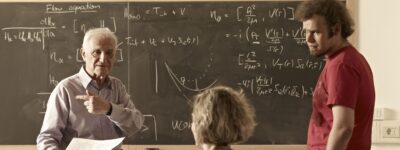R-process in neutron star mergers and magneto-rotational supernovae

Our understanding of the origin of heavy elements by the rapid neutron capture process (r-process) has made great progress in the last years. In addition to the gravitational wave and kilonova observations for GW170817, there have been major advances in the hydrodynamical simulations of neutron star mergers and core-collapse supernovae, in the microphysics included in those simulations (neutrinos and high density equation of state (EoS)), in galactic chemical evolution models, in observations of old stars in our galaxy and in dwarf galaxies. This talk will report on recent breakthroughs in understanding the extreme environment in which the formation of the heavy elements occurs, as well as open questions regarding the astrophysics and nuclear physics involved. Observations of old stars and meteorites can strongly constrain the astrophysical site of the r-process, once the nuclear physics uncertainties of extreme neutron-rich nuclei are reduced by experiments and by improved theoretical models.
People
-
TU|Institut für Kernphysik|Theory Center|Theoretical AstrophysicsAlmudena Arcones is an assistant professor at the Technical University of Darmstadt since 2016. She completed her PhD at the Max Planck Institute in 2007, and she was a postdoc at TU Darmstadt from 2007 to 2010 and at the University of Basel from 2010 to 2012. Between 2012 and 2016 she was an associate professor at TU Darmstadt. Her research interests include core-collapse supernovae and neutrino-driven winds, the nucleosynthesis of heavy elements and the impact of nuclear physics, the astrophysical sites of the r-process, and the lighter heavy elements from Sr to Ag.